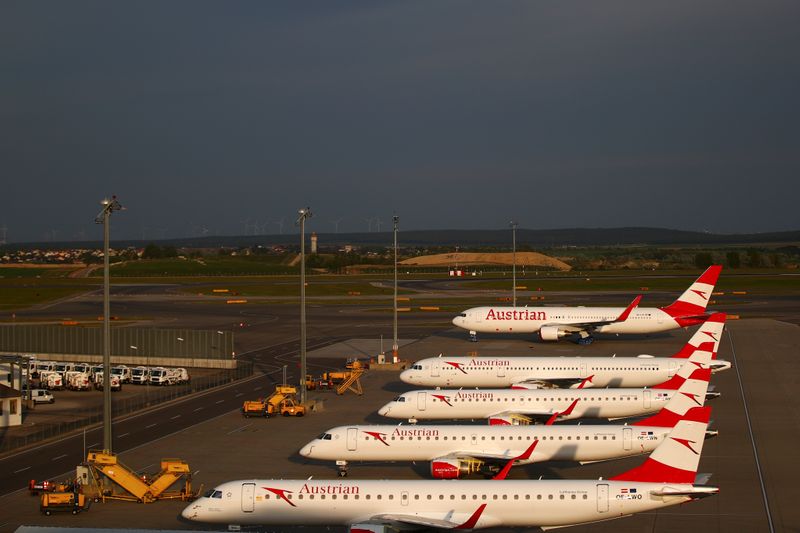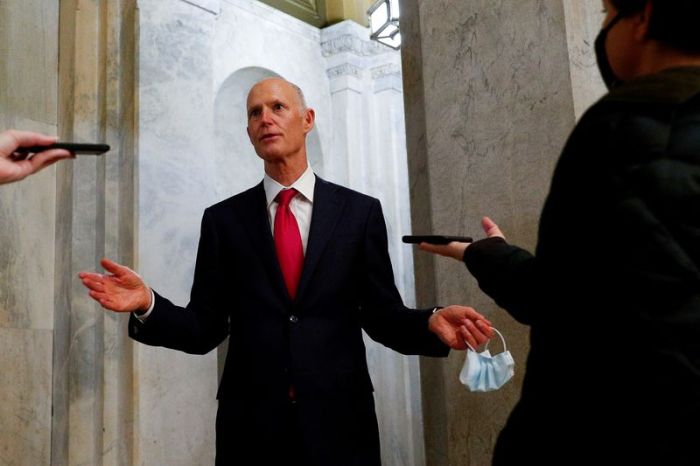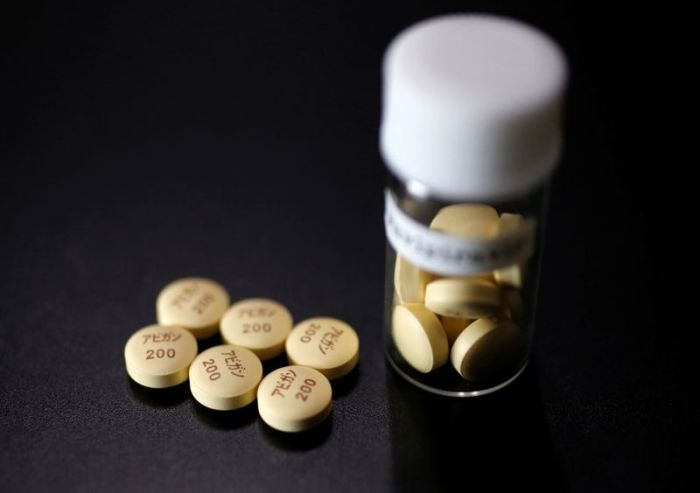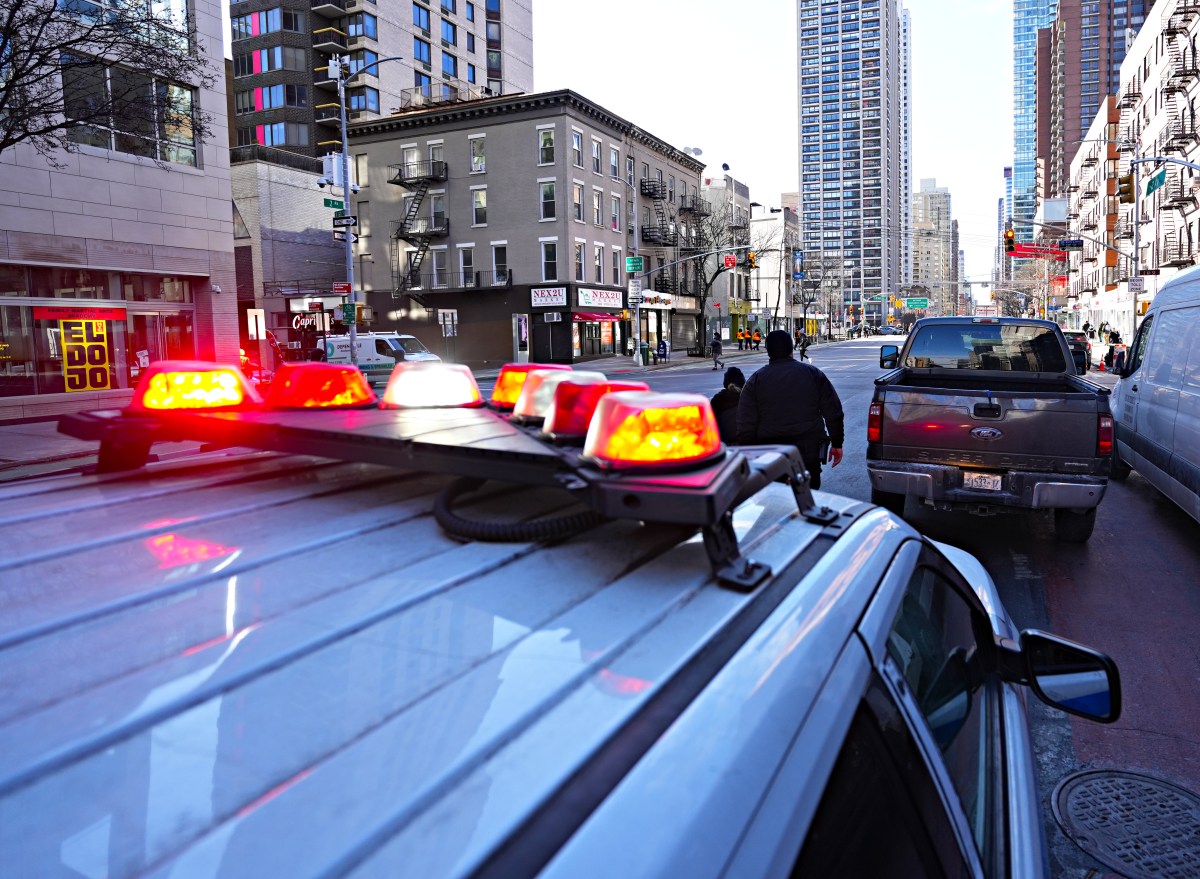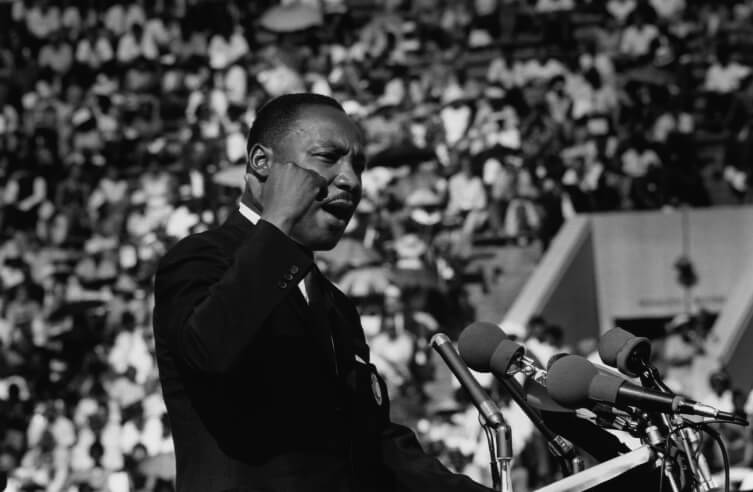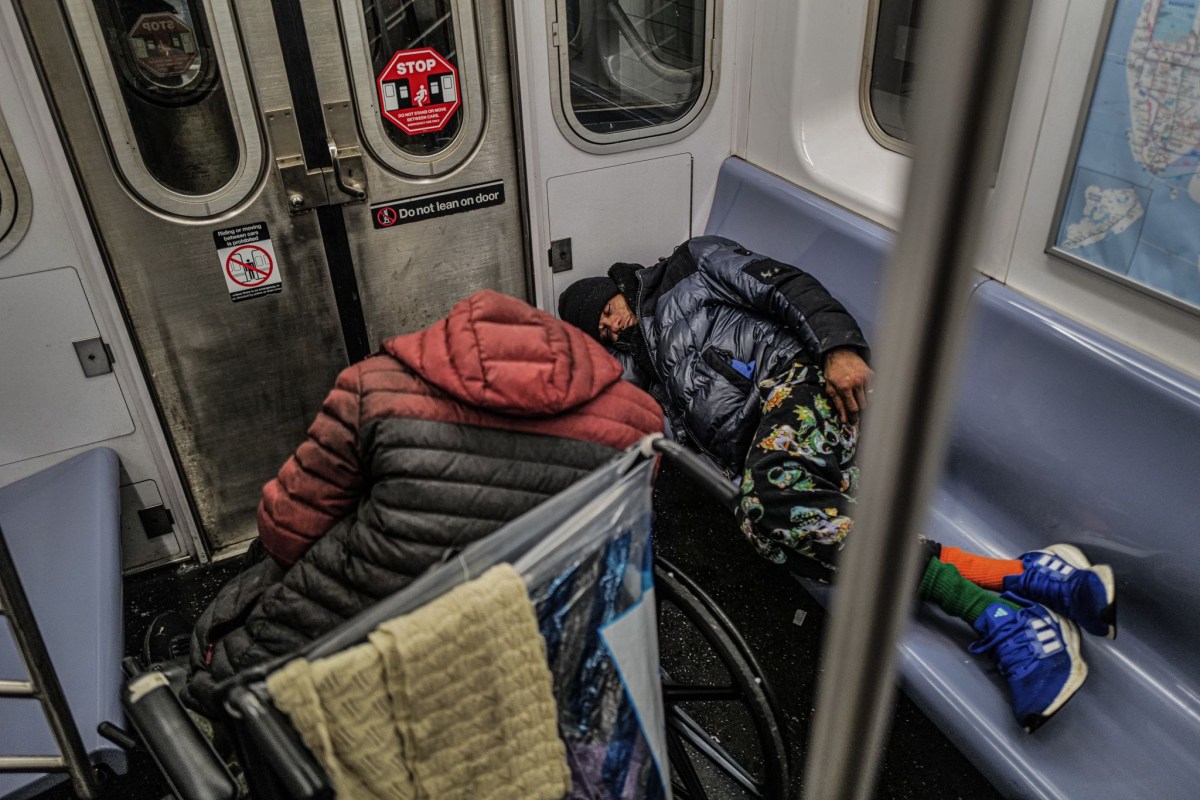VIENNA (Reuters) – Austria is granting Lufthansa’s Austrian Airlines unit a 450 million euro ($508 million) bailout that will protect Vienna as a transit hub and safeguard “the bulk” of the flag carrier’s 7,000 jobs, the government said on Monday.
The deal comprises 300 million euros in loans by a banking consortium, 90% of which will be guaranteed by the state, and 150 million euros in grants, ministers told a news conference, confirming what sources told Reuters earlier in the day.
The deal includes a 10-year guarantee that Vienna will grow in proportion to the Lufthansa <LHAG.DE> group’s other hubs, so that it is not disadvantaged in relation to rivals such as Munich in Germany or Zurich in Switzerland.
“For us the priority was saving Austrian jobs and in particular securing Vienna as a hub,” said conservative Chancellor Sebastian Kurz.
“We have four strong (Lufthansa) hubs in a small space – we have Munich, we have Frankfurt, we have Zurich and we have Vienna. And since Lufthansa is a German company and the Zurich hub is extremely profitable, in Austria of course we are always slightly concerned about this Vienna hub,” he added.
The agreement follows a 9 billion euro bailout deal between Lufthansa and Germany, and is smaller than the 767 million euros in aid Austrian originally applied for. Lufthansa has also agreed to inject 150 million euros of its own money into Austrian.
Unlike Germany, however, the Austrian government will not take a stake in Lufthansa, as Kurz had previously said it might.
His government, which includes the Greens, is requiring Austrian to halve its carbon emissions by 2030. It will also introduce a 30 euro tax on flights of up to 350 km (217 miles), and a minimum ticket price of on average 40 euros, a move aimed at budget airlines’ heavy discounts.
(Additional reporting by Ilona Wissenbach in Frankfurt; writing by Francois Murphy; editing by Kirsten Donovan and Mark Potter)

